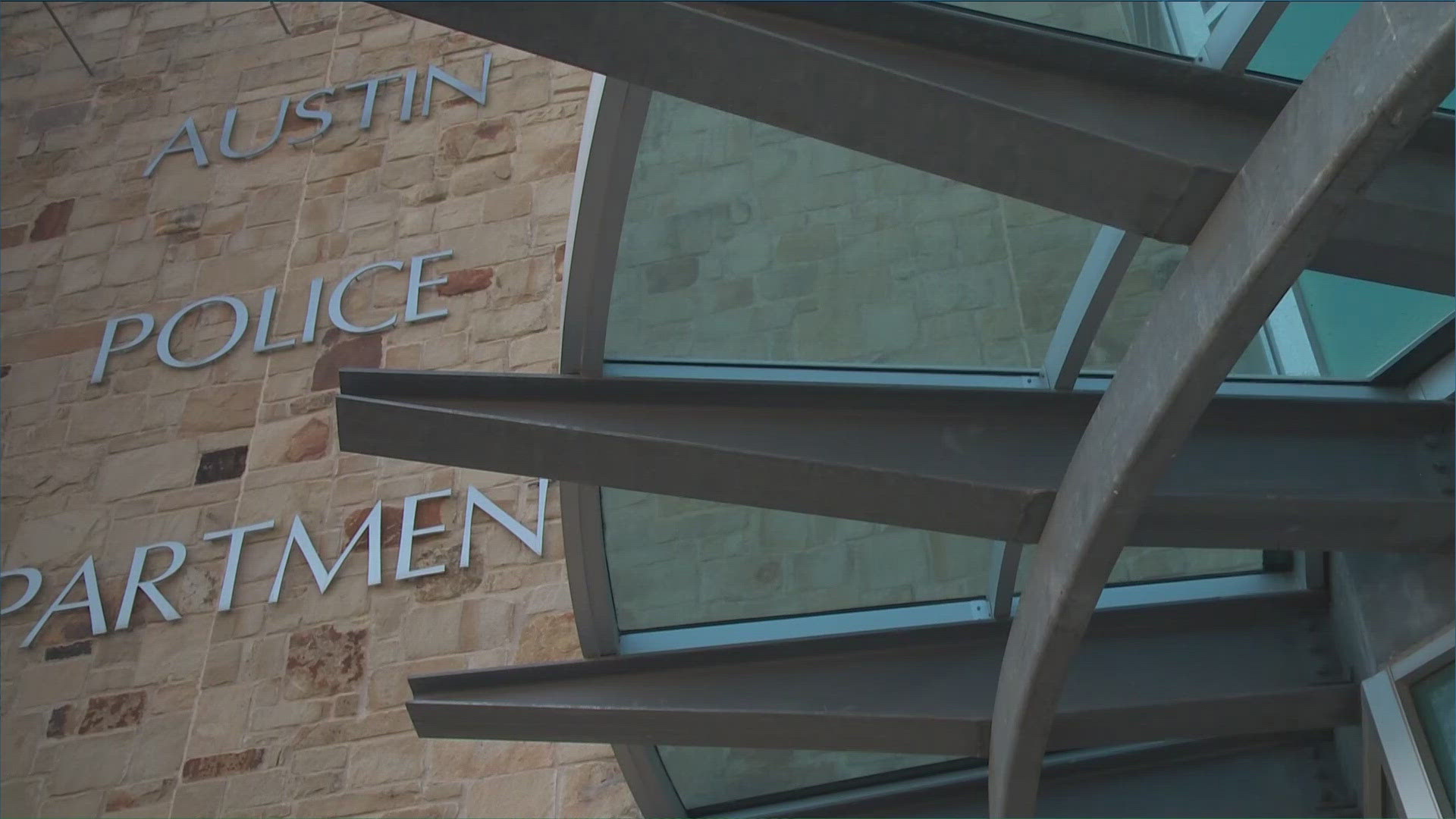WASHINGTON — A bipartisan bill aimed at fighting the nationwide rape kit backlog has been signed into law.
U.S. Sens. John Cornyn (R-Texas) and Amy Klobuchar (D-Minnesota) both released statements on Wednesday after their legislation to reauthorize the Debbie Smith Act was signed.
"Examining DNA evidence is a critical step in achieving justice for sexual assault survivors, but many law enforcement agencies don’t have the resources to work through the rape kit backlog in a timely manner," Cornyn said. "This legislation will empower law enforcement to solve these heinous crimes and give survivors the closure they deserve, and I’m glad to see it become law."
"As a former prosecutor, I know firsthand that behind every unprocessed rape kit is a victim of sexual assault wondering if they will ever see justice," Klobuchar said. "By reauthorizing the critical Debbie Smith Act, our legislation will provide law enforcement officers with additional resources to process untested rape kits and other DNA evidence, helping them bring more criminals to justice.”
The Debbie Smith Act, originally signed into law in 2004, provides state and local crime labs with resources to work toward eliminating the backlog of untested DNA evidence from unsolved crimes, analyze DNA samples and increase the capacity to process DNA to prevent future backlogs.
A joint press release from Cornyn and Klobuchar stated that since the Debbie Smith Act became law, more than 860,000 DNA cases have been processed. In addition to crime scene evidence, law enforcement agencies can also use Debbie Smith funds to process offender DNA samples to ensure evidence from unsolved crimes can be matched against a database of known offenders.
Before her death last year, U.S. Sen. Dianne Feinstein (D-California) introduced the newly signed legislation with Cornyn after successfully leading the effort to reauthorize the Debbie Smith Act in 2019. The legislation is cosponsored by U.S. Sens. Lindsey Graham, Mike Crapo, Dick Durbin, John Kennedy, Richard Blumenthal, Chuck Grassley, Catherine Cortez Masto, Joni Ernst, Jeanne Shaheen, Marsha Blackburn, Chris Coons, Thom Tillis and Maria Cantwell.
Meanwhile, U.S. Reps. Ann Wagner, Wesley Hunt, Steve Cohen, Sheila Jackson Lee and Ben Cline introduced the legislation in the House. It passed the chamber last year.
Previous efforts to address the rape kit backlog in Austin and Texas
Earlier this year, city of Austin officials issued an apology to 15 sexual assault survivors who had their cases mishandled by the Austin Police Department (APD). The city's settlement with those survivors, which was finalized in 2022, stemmed from years of mishandled cases and thousands of untested rape kits.
Back in September 2022, Cornyn helped the Texas Department of Public Safety (DPS) secure a $3.3 million grant to reduce the state's rape kit backlog. The funding came from the U.S. Department of Justice as part of the Capacity Enhancement for Backlog Reduction (CEBR) Program, which reauthorized the Debbie Smith Act.
That funding came not even a year after DPS was granted a separate $2.8 million in December 2021 from the same program.
Going further back, in February 2021, the Austin City Council voted to make APD's forensics lab independent from the department. That decision was made in part as an effort to prevent rape kit backlogs.

